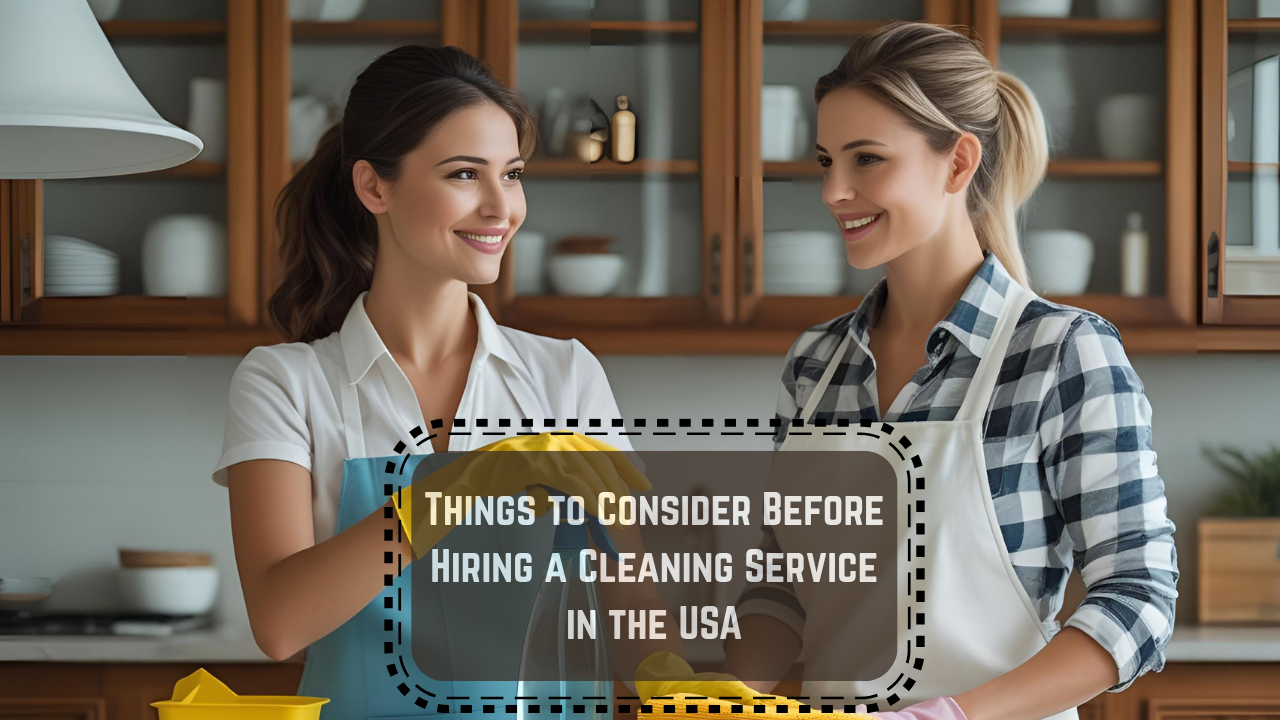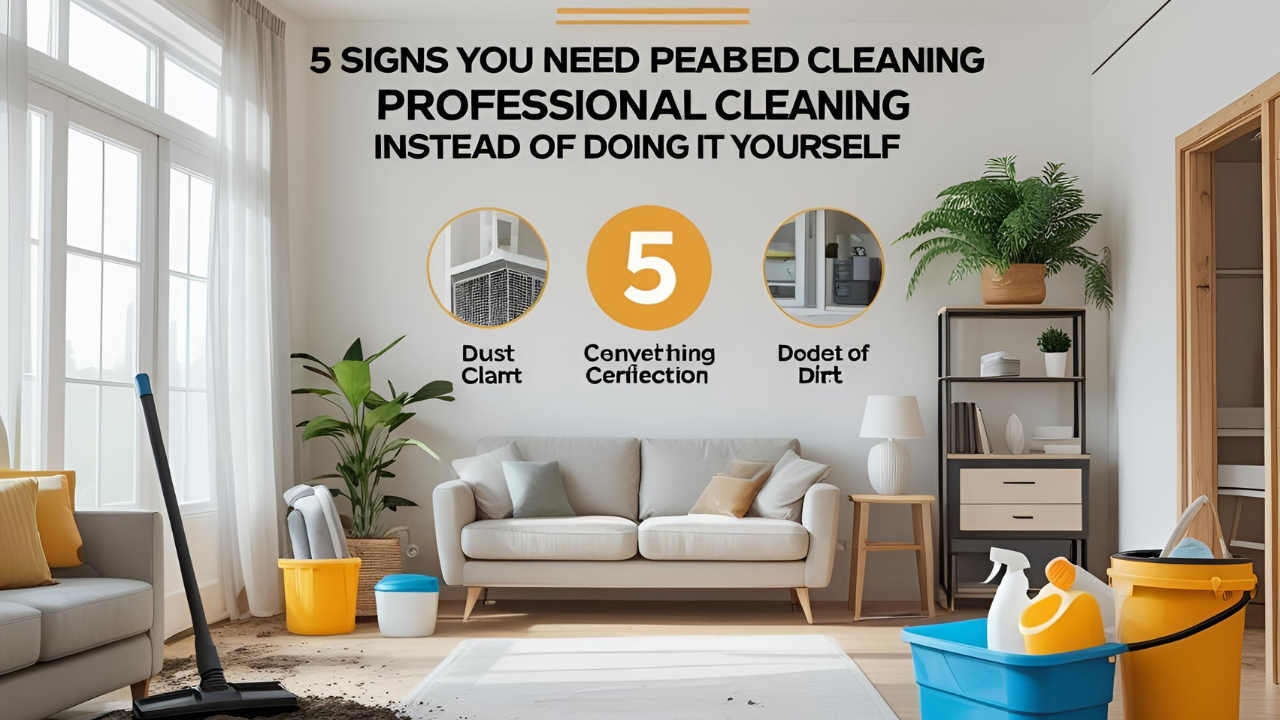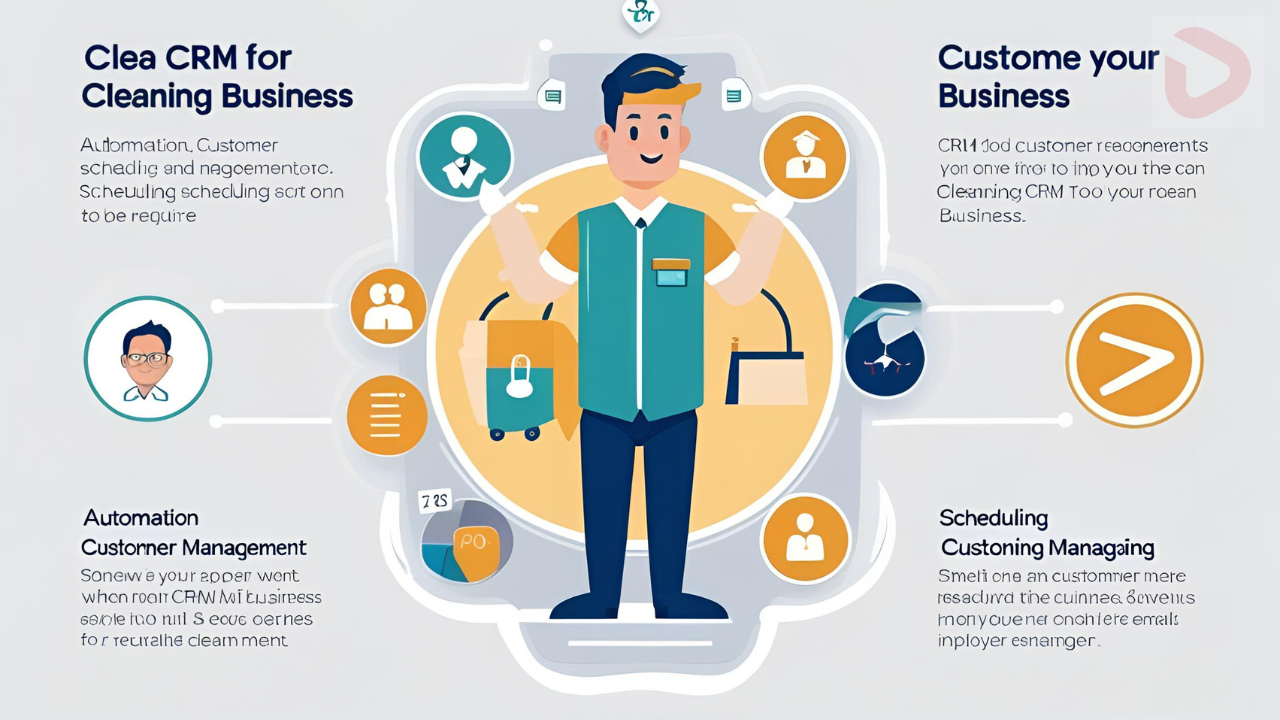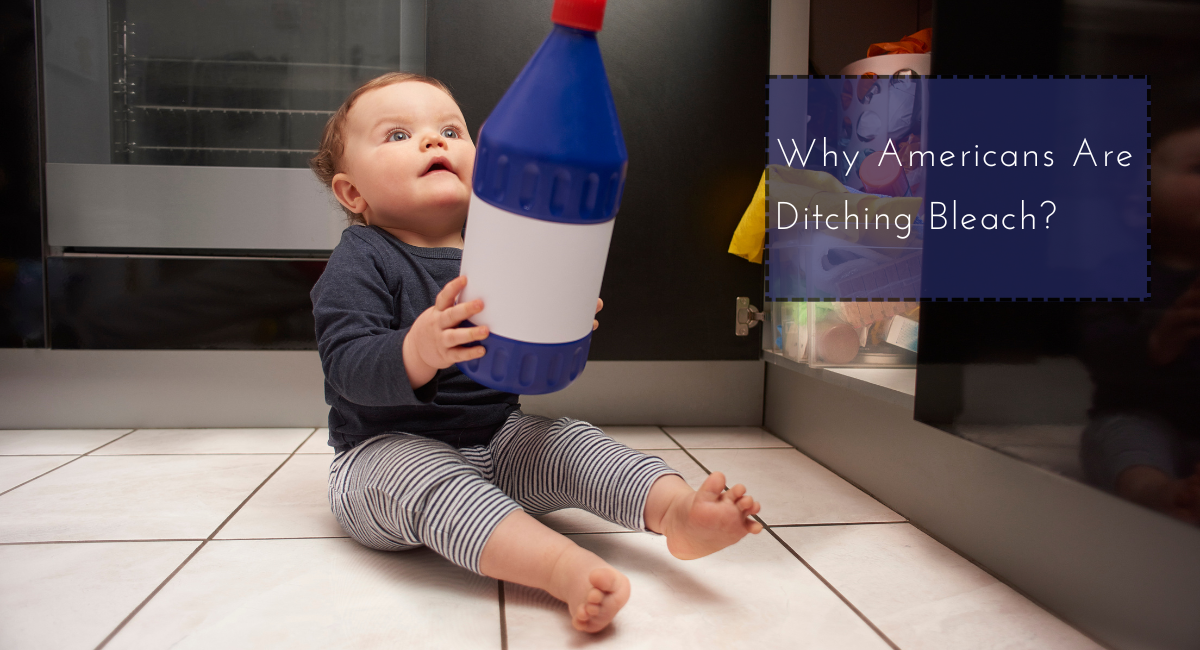The COVID-19 pandemic has permanently altered how businesses across the United States view hygiene and cleanliness. What was once considered routine maintenance is now a vital part of workplace health and safety. As employees return to office spaces—whether full-time or in hybrid arrangements—expectations from cleaning companies have evolved significantly.
Cleaning companies serving U.S. offices must now meet a new set of standards shaped by heightened awareness of sanitation, employee well-being, and public health guidelines. Here’s a closer look at what American businesses now expect from their cleaning service providers in the post-pandemic landscape.
A Shift Toward Health-Focused Cleaning
Before the pandemic, office cleaning often centered around making spaces look tidy—vacuumed carpets, emptied trash cans, and wiped-down surfaces. Today, that’s no longer enough. Companies now require services that go beyond appearance and focus on eliminating germs, viruses, and bacteria from the workspace.
Disinfection protocols have become a top priority. Cleaning companies are expected to use hospital-grade disinfectants and follow CDC or EPA-recommended cleaning standards. High-touch surfaces—such as doorknobs, elevator buttons, light switches, keyboards, and shared office equipment—need frequent and thorough disinfection.
Transparent and Documented Cleaning Practices
Businesses are now asking for greater transparency in how and when cleaning is done. This includes providing cleaning schedules, checklists, and documentation of completed tasks. In many cases, office managers want visible proof that areas have been cleaned, such as sign-off sheets in restrooms or cleaning logs posted in breakrooms.
Some companies also request digital records or reports for compliance purposes. This added layer of communication helps ensure accountability and reassures employees that the workplace is being maintained at a high standard.
Use of Safe and Certified Cleaning Products
Employees have become more conscious of the cleaning products used in their environments, especially those with chemical sensitivities or allergies. As a result, cleaning companies are expected to use products that are both effective and safe for human health.
There is a growing preference for non-toxic, eco-friendly, and certified disinfectants that kill viruses without leaving behind harmful residues. In some cases, clients specifically request products that are Green Seal or EPA Safer Choice certified. This aligns with both employee wellness goals and corporate sustainability policies.
Flexible and Customizable Cleaning Plans
Office routines have changed since the pandemic, with many workplaces adopting flexible schedules or hybrid models. This has created a need for adaptable cleaning services that match the ebb and flow of employee presence in the building.
Businesses now expect cleaning providers to offer customized solutions—whether it’s more frequent cleanings during flu season, deep cleans after an exposure, or scaled-back services when fewer people are on-site. Cleaning crews may also be asked to work at off-peak hours to minimize disruption, such as early mornings, evenings, or weekends.
Trained and Certified Cleaning Staff
In the post-pandemic world, professionalism and expertise matter more than ever. Companies want assurance that cleaning staff are not only experienced but also trained in updated sanitation protocols. This includes understanding how to handle infectious materials, proper use of disinfectants, personal protective equipment (PPE), and response procedures in case of a confirmed illness in the office.
Many commercial cleaning companies now offer certifications through recognized industry programs such as the Global Biorisk Advisory Council (GBAC) or the ISSA Cleaning Management Institute (CMI) to demonstrate their commitment to high-quality service.
Emergency and On-Demand Services
Outbreaks or illness-related absences can arise unexpectedly, requiring immediate action. Businesses expect cleaning partners to be responsive and available on short notice for emergency cleanings or rapid disinfection services. This quick response helps reduce downtime and maintain a safe environment for those still using the office space.
On-demand options are especially critical for companies operating shared workspaces, co-working offices, or customer-facing environments like banks and clinics.
Communication and Coordination
Regular communication between the cleaning company and office management is essential. Companies want clear points of contact, consistent updates, and quick responses to special requests. Whether it’s adjusting a cleaning schedule, addressing an area of concern, or reporting an issue, responsiveness plays a key role in maintaining client trust.
Proactive communication—such as reminders about upcoming cleanings or suggestions for seasonal disinfection—also helps cleaning companies stand out as reliable partners.
Conclusion
As the U.S. workplace continues to evolve post-pandemic, the standards for cleanliness and sanitation have reached new levels. Offices are no longer satisfied with basic cleaning—they demand a service that promotes health, safety, and trust. Professional cleaning companies must now deliver more than ever before: advanced disinfection, flexible plans, eco-conscious products, and highly trained personnel.
Those who can adapt to these new expectations will not only retain business clients but also play a key role in supporting a healthier and more resilient work environment for employees across the country.




